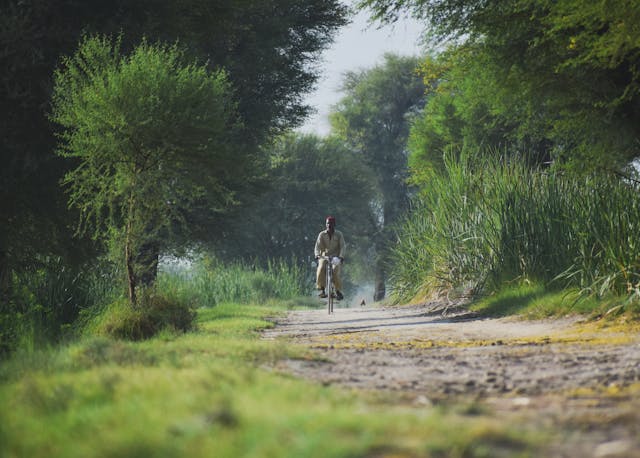In an age where billionaires and extravagant displays of wealth dominate the headlines, new research from the University of Otago suggests that a simpler way of life may hold the key to greater happiness. Conducted by the University’s Ōtākou Whakaihu Waka Department of Marketing and published in the Journal of Macromarketing, the study examined the link between consumption habits and wellbeing. The findings show that individuals who adopt sustainable lifestyles and resist the lure of consumerism tend to be happier and more satisfied with their lives.

Drawing on data from a representative sample of more than 1,000 New Zealanders—51 per cent men and 49 per cent women, with a median age of 45 and a median household income of $50,000—the researchers identified a clear connection between ‘voluntary simplicity’ and wellbeing. This approach to living often fosters stronger social ties through activities such as community gardening, sharing resources, and participating in peer-to-peer lending schemes, all of which provide more meaningful interaction than traditional consumer exchanges. Women were found to be more likely than men to embrace this lifestyle, though the reasons remain uncertain.
Co-author Associate Professor Leah Watkins points out that modern consumer culture has long equated happiness with higher incomes and the accumulation of possessions. However, she notes, research consistently shows that materialism does not bring lasting gains in happiness or support the sustainable consumption patterns necessary for planetary health. Global data underscore the urgency of this message: between 2000 and 2019, domestic material consumption increased by 66 per cent worldwide, tripling since the 1970s to reach a staggering 95.1 billion metric tons.
Such consumption growth has come at a cost, contributing to environmental degradation and intensifying the effects of climate change. In the wake of the pandemic, with its lingering financial and health anxieties, policymakers and researchers are increasingly calling for a better understanding of how simpler lifestyles can promote both personal wellbeing and environmental sustainability. Yet, as co-author Professor Rob Aitken cautions, voluntary simplicity is not simply about getting rid of possessions—it is about meeting psychological and emotional needs through community, connection, and purpose.
“In a world where billionaire weddings are treated like state occasions and luxury yachts serve as the latest status symbols,” Professor Aitken says, “voluntary simplicity offers a quiet but compelling alternative—one that values enough over excess, connection over consumption, and meaning over materialism.” By shifting focus away from what we own to how we live and connect, the research suggests, we may find not only greater happiness but also a more sustainable path for the planet.
More information: Leah Watkins et al, Consume Less, Live Well: Examining the Dimensions and Moderators of the Relationship Between Voluntary Simplicity and Wellbeing, Journal of Macromarketing. DOI: 10.1177/02761467251339399
Journal information: Journal of Macromarketing Provided by University of Otago
Leave a Reply